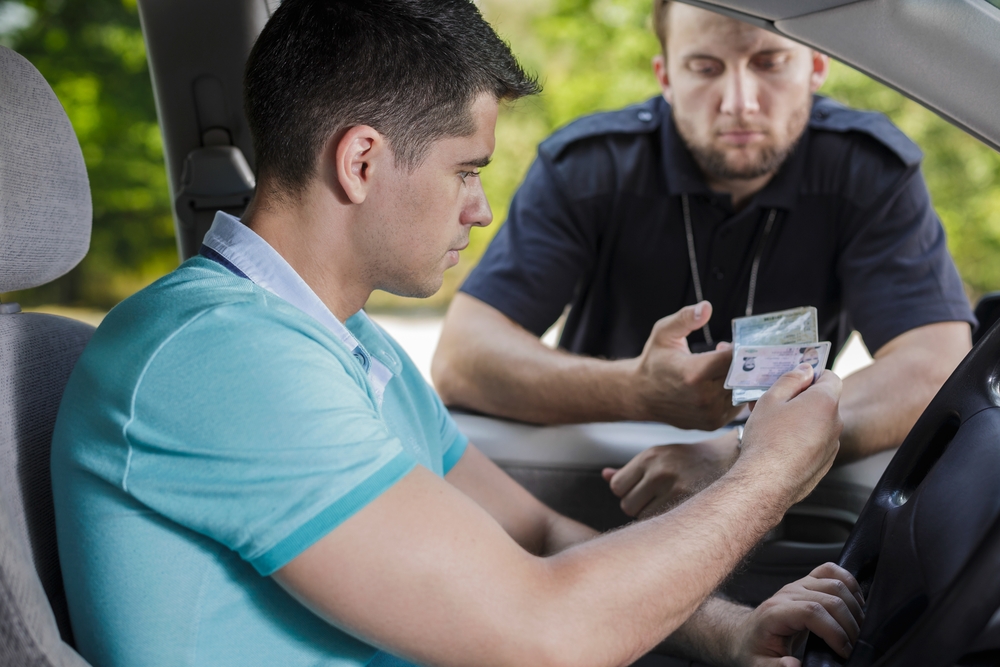In the case of simple violations, the objection is not worthwhile
Theoretically, there is always the possibility to object to an allegation and to contradict it. But lawyers are of the opinion that this would not be worthwhile in the case of simple rule violations in traffic. Most of the time it is a question of violations that have been seen by the police (for example, as part of a traffic control). Experts explain that police officers are considered? People of higher trust? would apply and that a court also assumed that the statements of the police were true. Officials are legally obliged to be objective and must make true statements.
A federal court has even ruled that the finding of the officials on site as? Strong evidence? designated. The court also took into account that a false statement by a police officer is a criminal offense. You could lose your job if you were guilty of a false statement. The Federal Supreme Court also found that police officers had completed extensive training, during which they learned how to correctly assess distances and were able to gain an overview of the current situation with a practiced eye. Conversely, the court assumed that an accused wanted to defend himself for understandable reasons and would question the officials' statements. They would only make exonerating statements, which are understandable but not provable. The statements of the police officers would simply be given more weight.
It is therefore clear that a court will always believe the statements of the police officers, unless there is a reason to doubt it from witnesses. For the question of whether or not it is worthwhile to appeal against a fine that has been imposed, this means that it is better not to pursue such an appeal any further. If no further witnesses are to be named or if the facts of the case are not serious, the costs for the objection and, if necessary, legal prosecution of these objections are significantly higher than the fine. Because at least 400 to 500 francs are to be expected as costs for an objection procedure!
Objection can be worthwhile in the event of a penalty order
If a penalty order is issued because, for example, a right of way is disregarded or the permitted speed has been significantly exceeded, an objection can be worthwhile. Most of the time, there is a threat of an ID card being withdrawn, and the costs associated with the penalty order are usually very high. A review by a criminal court can make sense because: The findings in the penalty order are binding on the Road Traffic Office, otherwise it must impose the required penalty. The decision is made here solely on the basis of the police investigation; the accused is not heard before the penalty order is issued.
An objection only makes sense if, on the one hand, there is legal protection insurance that can cover a certain proportion of the costs for the procedure. On the other hand, appropriate evidence should be available that can show the innocence of the accused. Because: If the court later decides that the conviction is legal in accordance with the penalty order, the procedure can cost 1,000 francs or more. If you are unsure whether an objection is worthwhile or not, you can use your lawyer to exercise your right to inspect your files for ten days. The costs for this are covered by legal expenses insurance.
Conclusion: Objection due to traffic violations should be well considered
Most drivers think they did everything right. Nevertheless, it can happen that they receive a penalty order or are asked to pay a fine. In individual cases, the costs incurred for the objection should always be taken into account. If there is legal protection insurance, the matter can at least first be examined by a lawyer before the decision for or against an objection is made.







